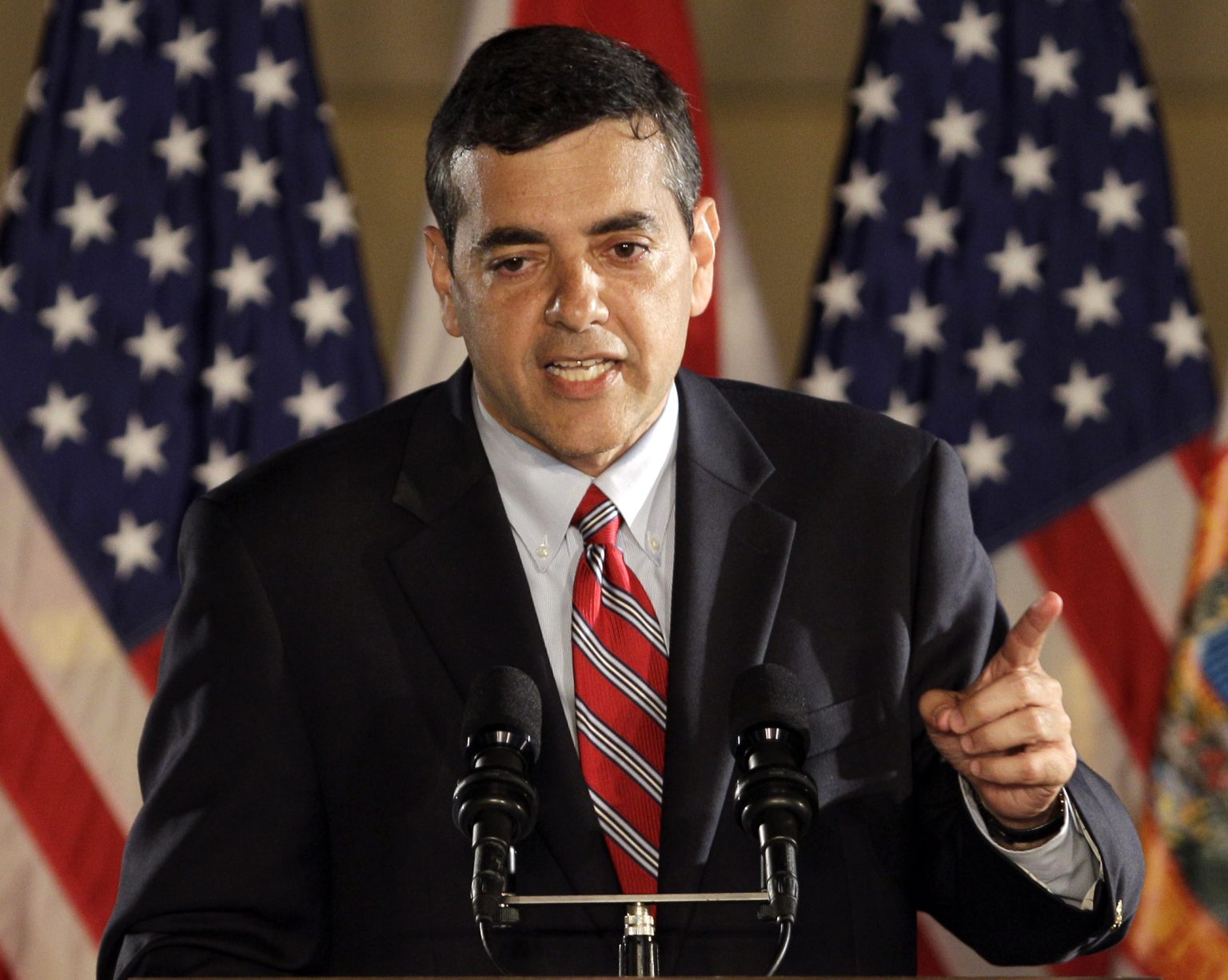The indictment of former Republican Representative David Rivera of Florida on charges of failing to register as a foreign agent and money laundering has cast a harsh light on the persistent issue of unregistered foreign lobbying in U.S. politics. Rivera, who served in Congress from 2011 to 2013, is accused of receiving $5.5 million from Venezuelan media mogul Raúl Gorrín, a sanctioned billionaire closely tied to the Nicolás Maduro regime, in exchange for lobbying efforts to lift U.S. sanctions against Gorrín. This case underscores the vulnerability of the American political system to foreign influence and the potential for individuals to exploit their connections for personal gain while undermining U.S. foreign policy objectives. Gorrín, sanctioned by the U.S. Treasury Department in 2018 for alleged bribery and embezzlement of state funds, sought to utilize Rivera’s political connections to circumvent sanctions designed to address corruption and human rights abuses under Maduro’s rule.
Rivera’s alleged lobbying activities, which took place between June 2019 and April 2020, targeted the Trump administration. Prosecutors contend that Rivera utilized Delaware-based shell companies to obfuscate the origin and purpose of the funds received from Gorrín or his associates. This deliberate concealment, designed to evade the Foreign Agents Registration Act (FARA), demonstrates a calculated attempt to circumvent legal requirements for transparency in foreign lobbying. The indictment paints a picture of a scheme involving fabricated entities falsely attributed to a law firm and an unnamed government official, highlighting the lengths to which Rivera allegedly went to mask his activities. This is not Rivera’s first encounter with legal scrutiny related to Gorrín. A previous case in 2022 saw Rivera arrested over a $50 million consulting contract with a U.S. affiliate of Venezuela’s state oil company, PDVSA, which prosecutors alleged was a cover for lobbying on behalf of the Maduro government.
This latest indictment adds another layer of complexity to the already tangled web of allegations surrounding Rivera and his dealings with Gorrín. Court records from the 2022 case, along with a parallel lawsuit filed against Rivera by Maduro’s opponents who now control the U.S. subsidiary of PDVSA, reveal further details about Rivera’s alleged activities. These records suggest Rivera attempted to arrange a flight and meeting on Gorrín’s private jet for a former campaign advisor turned White House “counselor” in June 2017, coinciding with a Miami fundraising dinner attended by then-senior Trump advisor Kellyanne Conway. While Conway has denied any involvement, these details raise questions about the extent of Rivera’s network and his attempts to leverage access to high-ranking officials.
The indictment details Rivera’s alleged efforts to influence policy through various channels. He is accused of paying an unnamed former U.S. official $125,000 for assistance and orchestrating meetings and photo opportunities for Gorrín, including a handshake with then-Vice President Mike Pence, to enhance his credibility. Furthermore, Rivera allegedly sought to connect Venezuela’s foreign minister with Exxon executives through Republican Representative Pete Sessions of Texas, potentially seeking to soften the company’s stance towards the Maduro regime. He also reportedly facilitated a meeting between Gorrín and Senator Marco Rubio of Florida, a former roommate of Rivera’s during their time as state lawmakers in Tallahassee and Trump’s pick for secretary of state. These allegations illustrate a concerted effort to influence various levels of the U.S. government.
The Justice Department has strongly condemned Rivera’s alleged conduct, emphasizing the misuse of the U.S. financial system and the creation of fictitious entities to conceal illicit activities. Principal Deputy Attorney General Nicole Argentieri underscored the U.S. government’s commitment to prosecuting money laundering schemes and preventing the exploitation of American financial institutions for criminal purposes. This case serves as a stark reminder of the potential consequences for individuals who attempt to undermine U.S. sanctions and engage in illicit lobbying activities on behalf of foreign actors.
Rivera now faces trial on charges that could lead to significant prison time if convicted. The ongoing investigation is examining the potential involvement of other U.S. officials who may have knowingly facilitated Rivera’s activities or benefited from his schemes. Meanwhile, Raúl Gorrín remains a fugitive, and the U.S. government continues to offer rewards for information leading to his capture. The pursuit of Gorrín underscores the U.S. government’s commitment to enforcing sanctions against the Maduro regime and holding accountable those who attempt to undermine U.S. foreign policy objectives through illicit means. This case is a significant development in the broader effort to combat corruption and uphold the integrity of the U.S. political system.

